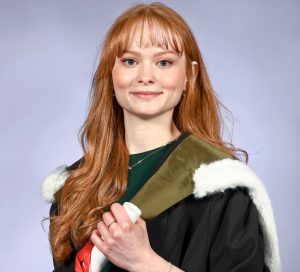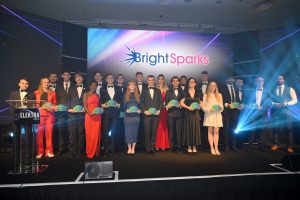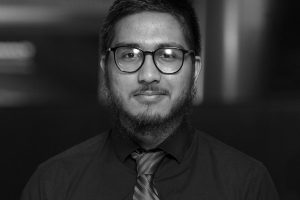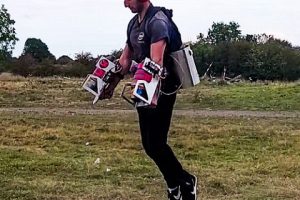Here, in our series on the latest EW BrightSparks of 2023, we profile Luisa Schrempf, a postgraduate student at University College London.
Achievements
At the time of EW BrightSparks 2023, Luisa was finishing her postgraduate studies at UCL, where she was studying for a MSc Nanotechnology degree. The previous summer, she had completed her BSc (Hons) Physics at the University of Edinburgh.
Her biggest achievements, she told us, included work for her MSc thesis, titled “Characterisation and Modelling of Resistive Switching in Silicon Oxide Memristors”. This involved working with the start-up Intrinsic to characterise and model their devices.
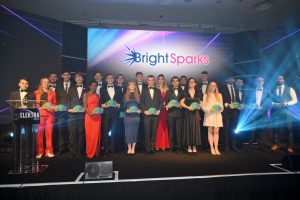 Luisa was able, she shared, to make a mark in this exciting research area because an operating regime had not been previously reported for such devices.
Luisa was able, she shared, to make a mark in this exciting research area because an operating regime had not been previously reported for such devices.
“Throughout the project, I discovered a previously unknown operating regime of silicon oxide memristors, which increases the possible use-cases for the devices both in current applications (frequency combs) as well as technologies still in the conceptualisation phase (neuromorphic computing, hardware-accelerated machine learning). The start-up Intrinsic can now approach a wider range of potential buyers.”
Before this, during her BSc thesis project, she was working with an Edinburgh University researcher on creating strings of conductive particles in nematic liquid crystals.
The research was very successful, we learned, as the method which they proposed worked well – given the properties of the liquid crystal, the conductive particles self-assembled, meaning no energy must be spent to create such strings of particles. This principle can be used in EV batteries, conductive inks, or potentially organic solar cells.
Also, in her time at Edinburgh University, she took on the position of Head of Propulsion for its Hyperloop society, HYPED.
After having travelled to California with the team the year prior to compete in the SpaceX Hyperloop Pod Competition, the team made the decision to create an entirely new design for its propulsion system: Linear Induction Motors.
During Luisa’s time as Head, they successfully finished the designs and simulations, and were starting to manufacture a small-scale prototype in-house to test the concept. Unfortunately, COVID interfered with their plans at the time. However, she thoroughly enjoyed participating in this student-led project, she said, and gained invaluable skills in project management and engineering design (CAD, FEA), which she would not have achieved during her regular studies.
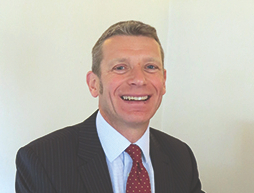 Electronics Industry Viewpoint
Electronics Industry ViewpointStewart Edmondson, CEO of the UK Electronics Skills Foundation (UKESF), also shared his viewpoint on what he described as Luisa’s strong entry.
“Luisa made a novel discovery during her placement (Silicon Oxide Memristors) and completed worthwhile research into liquid crystals at Edinburgh,” Stewart highlighted, “and she has been involved in promoting STEM careers to younger female pupils.”
Community
In terms of community or STEM work, Luisa has provided online tutoring classes, for physics, to girls in high school. This activity combined two things she is truly passionate about, she told us:
“Firstly, showing teenage girls that science and engineering is for girls too, and that you can be successful in these fields and have ‘normal’ teenage girl interests. These are not mutually exclusive.”
“Second, I am passionate about the need to communicate science and engineering research to our wider community so that everyone understands the true value of our work – past achievements and our goal to make the world a better place for all.”
Also, throughout her year studying for her MSc Nanotechnology at UCL, she has been representing students – advocating for them during times when the university had been unjust towards them.
See also: Elektra Awards 2023 – The Winners
 Electronics Weekly Electronics Design & Components Tech News
Electronics Weekly Electronics Design & Components Tech News
